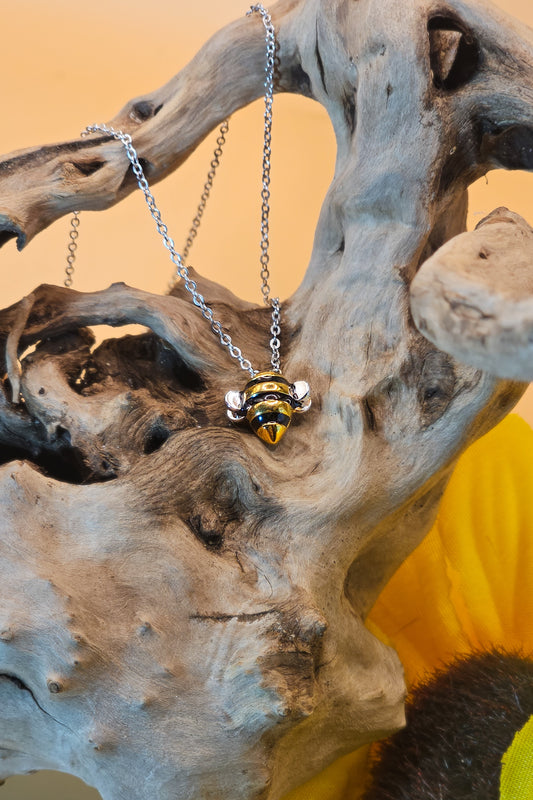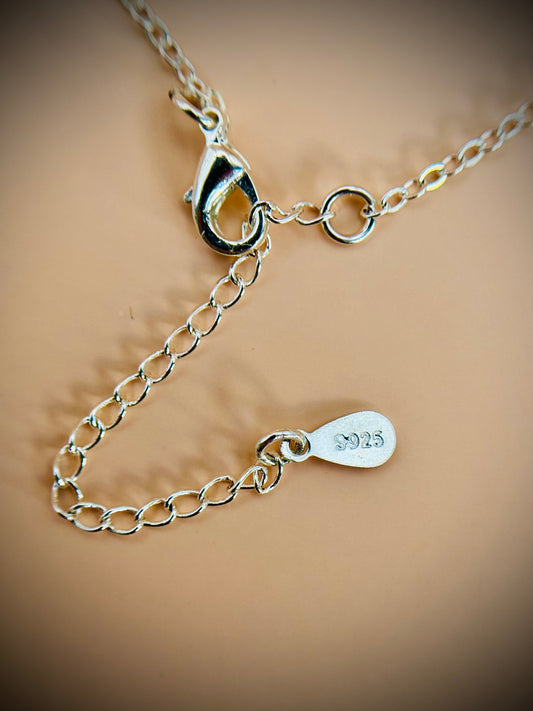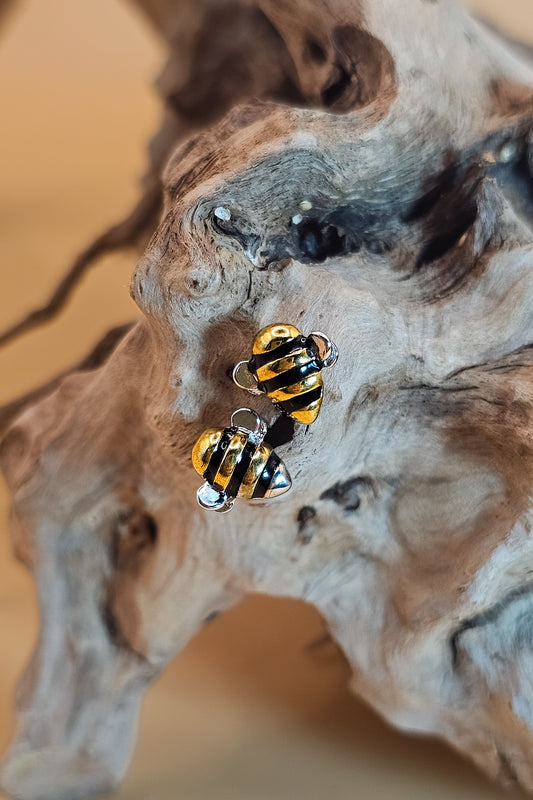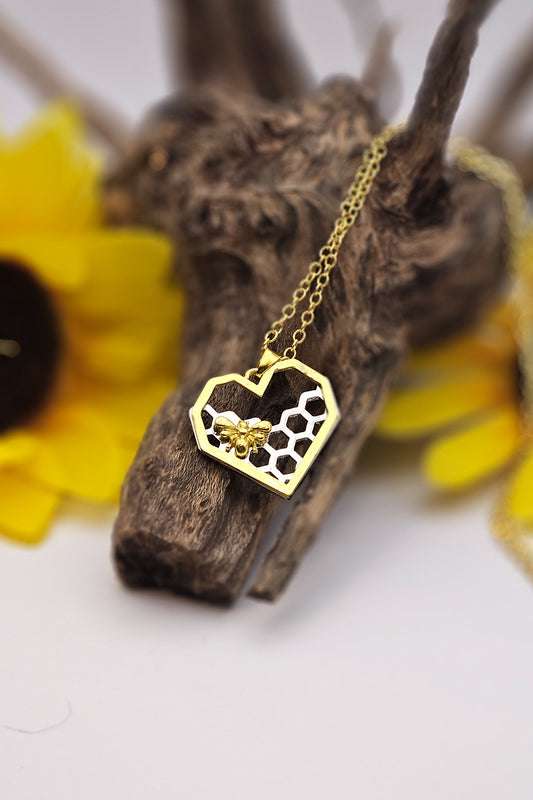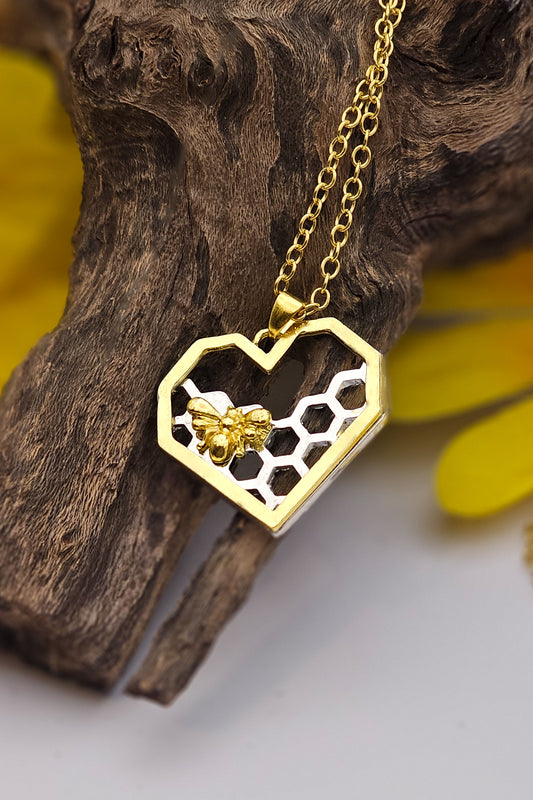If you are considering beekeeping as a business, there are some things you should know before taking the plunge because beekeeping is not for everybody.
Are you already a hobby beekeeper? Are you motivated because you think this might be a great new way to make a living? Do you like bees? Are you allergic to bee stings?
Those may seem like strange questions, but they are important. If you are already a hobby beekeeper you have a concept of what being a beekeeper is all about. If not, you will have no idea what to do as you get started. If you do not like bees, fear or are allergic to them, you might want to reconsider. How committed are you to overcoming your fears? Can you grow some love for the little buzzers? Financial gain alone will not be enough to satisfy you in the long run if you can’t connect with the bees, although it can be done. You’d be well advised to start as a small hobby beekeeper and see if it sticks.
Getting Started
Beekeeping is not as easy as it may look. Apiculture is harder than conventional jobs. If you don’t have a love for the bees and are not dedicated to the concept, you will probably not stick with it after you get a few too many stings or problems. Maybe your passion is the environment or helping to feed humanity.
As with all businesses, it takes money to make money, and this is no exception. You will need money to acquire your bees, bee boxes, beehives, beekeeper costumes, tools, smokers, and then later, jars, labels, and other equipment. It’s good to be prepared for unexpected expenses as well.
You will need to develop skill and expertise in not only handling the bees but knowing all the things that can go wrong and how to remedy them. It is very much a learn as you go business, and that’s why hobby beekeepers have it easier than beginners, because they have some of the learning curve behind them.
The fact is that this is definitely a weather-related business, and this can throw people off. You can be learning a lot, doing things right, and then a weather event will roll in and destroy everything you have gained. In you live where winters are extremely cold, you have a whole other set of perils to prepare for that can cost you your entire apiary unless you do the work to avert disaster. And even then, there is never a guarantee. So being able to accept that these things could happen and being willing to pick up the pieces and start again is an important attribute for a beekeeper.
If you want to set up a beehive in your backyard, this 5:46-minute video by GrowOrganic Peaceful Valley is inspiring:
Let’s Talk About Money
Beekeeping is a profitable business, but like any business, only when you know how to make it profitable. Several income streams are possible, and that has a lot to do with how much you can hope to make. Also, how many hives you grow your apiary into has a lot to do with volume. Maybe you start with three hives and have 18 hives two years later. It takes time and commitment to build it into a prosperous business.
Just to give you an indication of potential income streams over time, you can raise and sell bees, especially queens, sell honey, propolis, beeswax, royal jelly, pollen, venom, wholesale selling to stores and selling direct to the public at farmers markets and co-ops, renting your bees out in spring for commercial pollination either cross-country or to local farmers, selling beekeeping equipment, suits, beehives, creating your own line of supplements or beauty products that contain some of your bee products, teaching courses at your location and online, and even hosting guided tours for tourists and students at your apiary. In some countries, you can even invest in apitherapy, a form of ecotourism. And then there’s the whole social media angle, where you can create a bee-themed channel and build income slowly with your followers and sponsors. You can have your bees pollinate your own flowers, fruits, and vegetables as well, and sell them.
Two external circumstances besides weather that will impact the prosperity of your beekeeping business are: your local economy as well as the nectar flow in the season when you set up your hives.
Over time, your apiary will become as prosperous as the amount of time and effort you invest in it, and how you overcome challenges that arise.
Taking Care of Bee Business
Find out the local regulations for setting up a business, and make sure you comply with them. In some places you may need to do very little, other areas may be heavily regulated. Find out before you start your business. This is a small-scale agriculture business, so contact the appropriate government agencies and get the details. Apply for any insurance, licenses, sales tax permits and anything else you need up front. And most important, check zoning to make sure you aren’t in an area where you cannot keep bees by law.
Location, Location, Location
The other bee business is where you are going to place your hives. The bees need nectar and pollen producing plants nearby, a source of water, and both shade and direct sunlight. The importance of this can’t be stressed enough.
It is best if your location is rural or on a piece of land where neighbors and the neighborhood can’t be disturbed. If you live in a densely populated area, be sure your bees do not disturb your neighbors and children cannot access the bees.
Time Is of The Essence
Bees and beehives do not thrive on their own. You will be dedicating a healthy amount of time to your bees. Some seasons more than others. Bees suffer from many hazards, and can struggle with diseases, starvation, extreme temperatures, invaders, predators, and so many more things. If you are not paying attention, you can lose your bees and your business. The more hives you have, the more time you will invest or hire someone to do it for you after you are making money.
Last but not least, BEE patient. Patience is a virtue that all beekeepers need. And a positive attitude helps as well.


